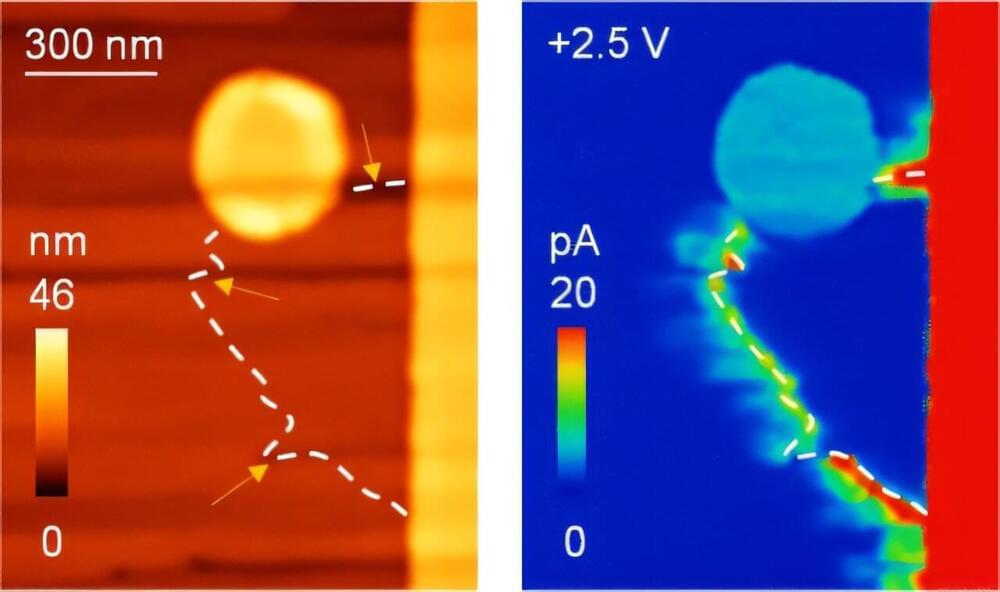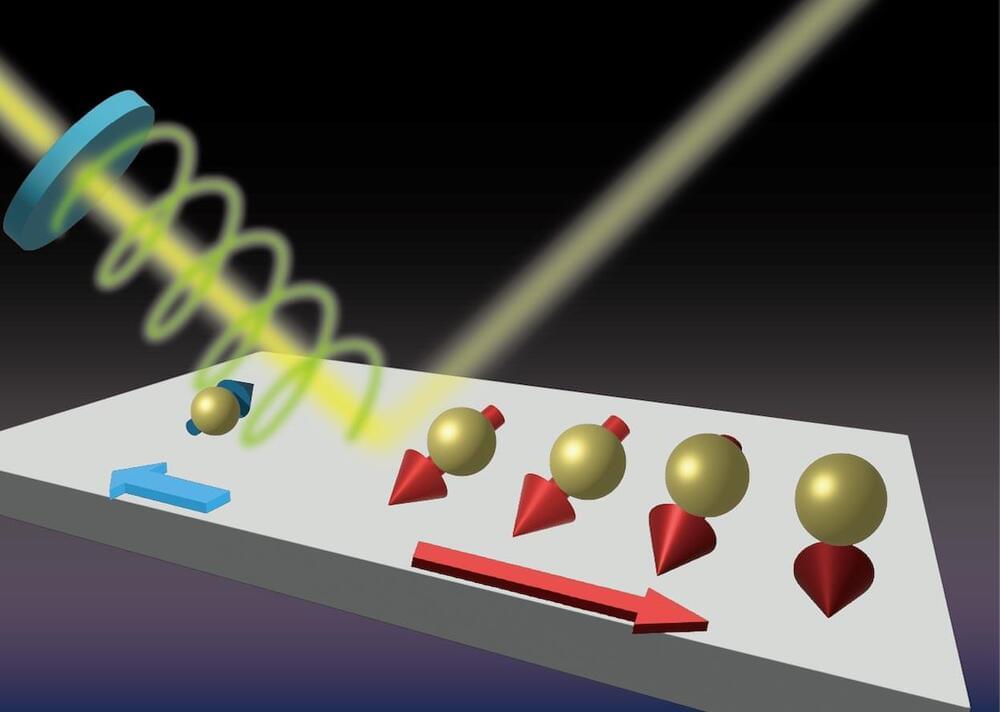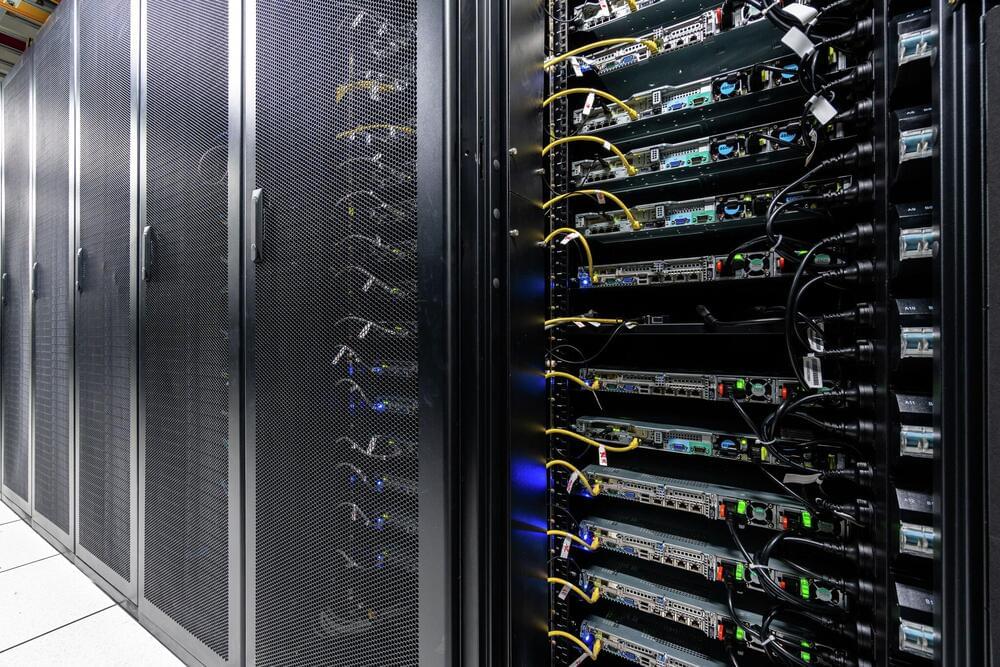UNSW engineers have demonstrated a well-known quantum thought experiment in the real world. Their findings deliver a new and more robust way to perform quantum computations—and they have important implications for error correction, one of the biggest obstacles standing between them and a working quantum computer.
Quantum mechanics has puzzled scientists and philosophers for more than a century. One of the most famous quantum thought experiments is that of the “Schrödinger’s cat”—a cat whose life or death depends on the decay of a radioactive atom.
According to quantum mechanics, unless the atom is directly observed, it must be considered to be in a superposition—that is, being in multiple states at the same time—of decayed and not decayed. This leads to the troubling conclusion that the cat is in a superposition of dead and alive.









